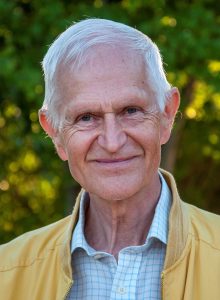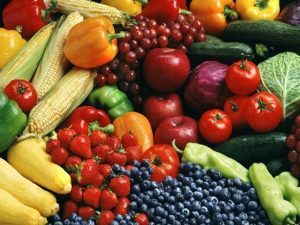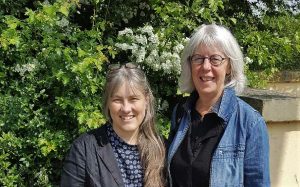
The Martinus Cosmology Podcast presents the second in a series of lectures given in English by Ole Therkelsen.
In “Journey into the Microcosmos”, Ole Therkelsen describes how our behaviour affects the entire universe of microlife that inhabits our bodies. The Old Testament and the New Testament encourage the development of neighbourly love in the form of love for other human beings. One of the major tasks of The Third Testament is to expand this idea of neighbourly love to include the microbeings within us, whose life and well-being are dependent on what we eat and drink, what we think and feel, how well we sleep and how we treat our corpses after death. He talks about the law of karma and the law of attraction and repulsion and their connection to genes, chromosomes and congenital disorders. Gratitude for one’s fate – however pleasant or unpleasant – is shown to be a natural consequence of initiation into the macrocosmos, mesocosmos and microcosmos and an important factor on our journey towards gaining cosmic consciousness.
Ole explains Martinus’s symbol no. 7 “The Principle of Life Units” in this lecture. You can see the symbol and read a short explanation here: symbol no. 7.
The symbol is explained in detail in The Eternal Picture, vol. 1 and in The Ideal Food by Martinus.
Ole Therkelsen (born in 1948) is a chemical engineer and a biologist with a life-long interest in Martinus Cosmology. He was introduced to Martinus Cosmology by his parents when he was a small boy, and since 1980 he has given about 2000 lectures on Martinus’s world picture in fifteen countries in six different languages. Many of his lectures may be heard on http://www.oletherkelsen.dk and on http://www.youtube.com. He is the author of Martinus, Darwin and Intelligent Design – A New Theory of Evolution and Martinus and the New World Morality. His books are available from http://amazon.com and http://amazon.co.uk.
This lecture was given by Ole Therkelsen at The Martinus Centre, Klint, Denmark on 4th August 2004.
Music composed and performed by Lars Palerius.
Photo: Berit Djuse.
Martinus’s literature is available online on the Martinus Institute’s website: martinus.dk. Here you can also find information about the international summer courses at the Martinus Centre in Klint, Denmark



